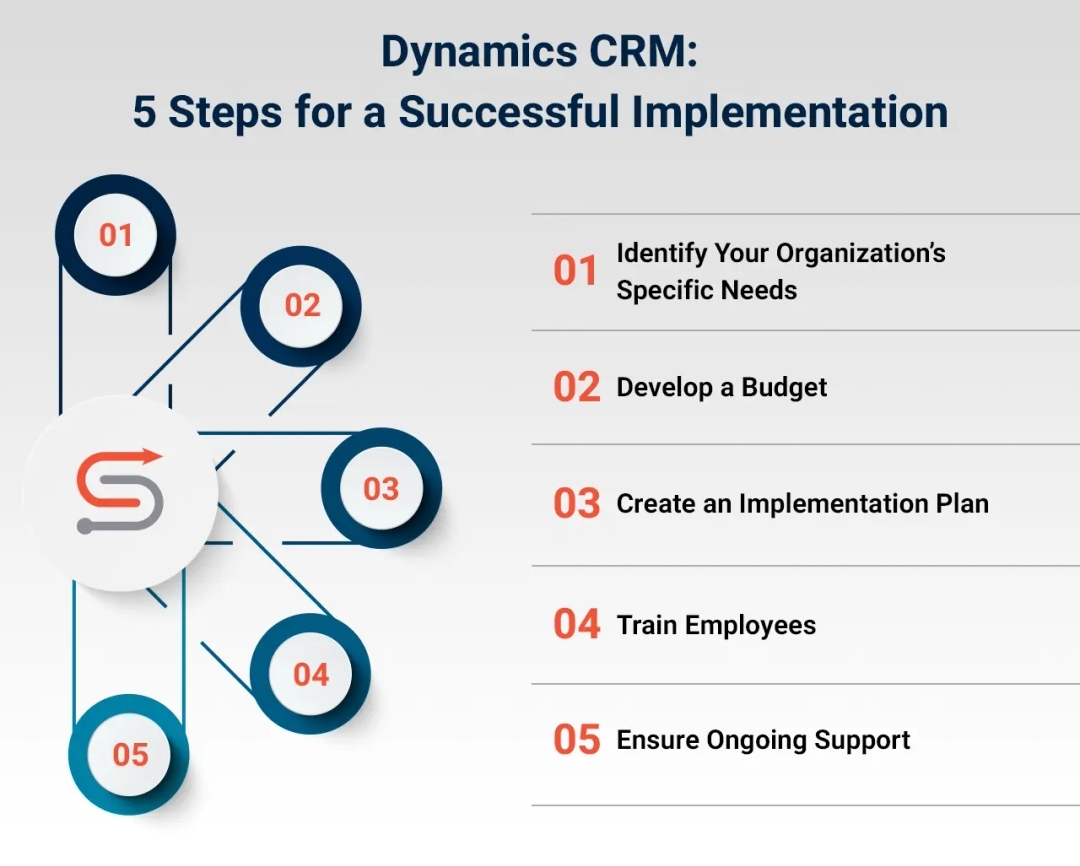Understanding Enterprise Resource Planning (ERP)
At the frontiers of modern enterprise software, a robust set of solutions is known as Enterprise Resource Planning (ERP) systems. These potent tools empower organizations to centralize their operational processes, providing an integrated, bird’s-eye view of business activities. An effective ERP suite like Dynamics 365 is not merely about data consolidation; it’s a springboard for efficiency, analytics, and strategic decision-making.
Engaging in a dynamics 365 implementation can transform your approach to business process management, effectively streamlining workflows and integrating data across various departments. This consolidation gives leaders real-time visibility into operations, driving informed decisions that move the company forward.
The Benefits of ERP for Organizational Growth
Focusing on a successful ERP deployment unveils a cascade of organizational benefits. Dynamics 365, for instance, breaks down information siloes, aligns departments, and creates a platform for enhanced collaboration and productivity. This cross-functional harmony fosters agility, empowering businesses to adapt to market shifts and customer demands quickly.
Moreover, ERP systems bolster strategic planning with their innate ability to forecast trends using integrated data. They guide resource allocation, helping organizations optimize processes and conserve valuable assets.
Selecting The Right ERP Solution
Selecting an ERP system that meshes with your company ethos and growth goals is crucial. This means considering aspects like scalability, integration capabilities, and customization flexibility. A thoughtful vendor comparison and thorough assessment of your business needs will pave the way for a successful Dynamics 365 implementation.
The Implementation Process of an ERP System
ERP implementation is a widespread task for any corporation. It calls for meticulous making plans, committed sources, and a clean imaginative and prescient of the preferred outcome. Companies can make sure a smoother implementation journey and reap better consumer adoption rates by using outlining a clear method, concerning key stakeholders early on, and committing to thoroughly comparing procedures.
Customization vs. Standardization in ERP Deployment
When deploying Dynamics 365, there’s a delicate balance between customizing the system to fit unique business needs and adopting the standardized features that make the ERP efficient. Customization provides a tailored experience but might require more than future upgrades or support. Standardization, while potentially limiting in features, ensures a stable and consistently upgradable platform.
Training and Support: Critical Elements for ERP Success
Implementing an ERP device like Dynamics 365 is only a part of the journey. End-person training and ongoing aid are crucial to extract complete value from the funding. An educated consumer base can maximize the competencies of the ERP gadget, driving productiveness and operational excellence during the business enterprise.
Cost Analysis: Evaluating the Investment in ERP
Considering the full value of ownership is imperative when enforcing Dynamics 365. It’s now not just the upfront costs but also the long-time period funding in renovation, guide, and schooling. Businesses must critically evaluate this in opposition to the expected returns, like performance profits and the aggressive gain gleaned from a a hit implementation.
Future-Proofing Your ERP Strategy
Companies must ensure their ERP systems are flexible and adaptable to stay ahead. As new technologies emerge, an ERP strategy that accommodates growth and evolution will safeguard a business’s investment. Keep an eye on the latest ERP trends and emerging tech to ensure your Dynamics 365 system doesn’t become obsolete.
Navigating the Future of Business with ERP
Embracing an ERP system like Dynamics 365 is an investment in the future, one that promises greater operational efficiency and informed decision-making. As businesses evolve, ERP systems support ambitions and long-term success in the digital era.


